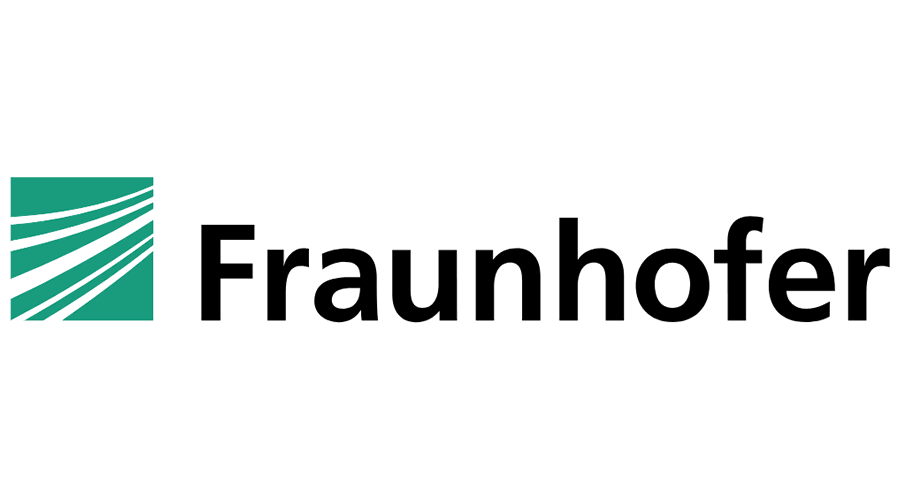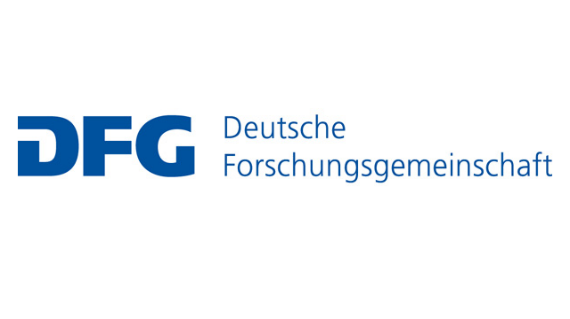Economic evaluation of hybrid energy systems for rural electrification in six geo-political zones of Nigeria
Rural electrification improves the quality of life of rural dwellers having limited or non-access to electricity through decentralized electricity coverage. Since the price of oil is unstable and fluctuating day by day and grid expansion is not also a cost effective solution, integrating renewable energy sources thus become an important alternative for rural electrification. The present study investigated the feasibility of different power generation configurations comprising solar array, wind turbine and diesel generator in different locations within the geo-political zones of Nigeria. Six rural communities were randomly chosen from each of the six geo-political zones in Nigeria with the intention that the results of the study could be replicated in other remote locations of the selected zones with similar terrains. HOMER (Hybrid Optimization Model for Electric Renewable) simulation software was used to determine the economic feasibility of the systems. The simulations concentrated on the net present costs, cost of energy and renewable fraction of the given hybrid configurations for all the climatic zones. The analysis indicates that the PV/diesel/battery hybrid renewable system configuration is found as optimum architecture for both sensitivity cases of 1.1 and $1.3/l of diesel. It also displayed better performance in fuel consumption and CO2 reduction.

















